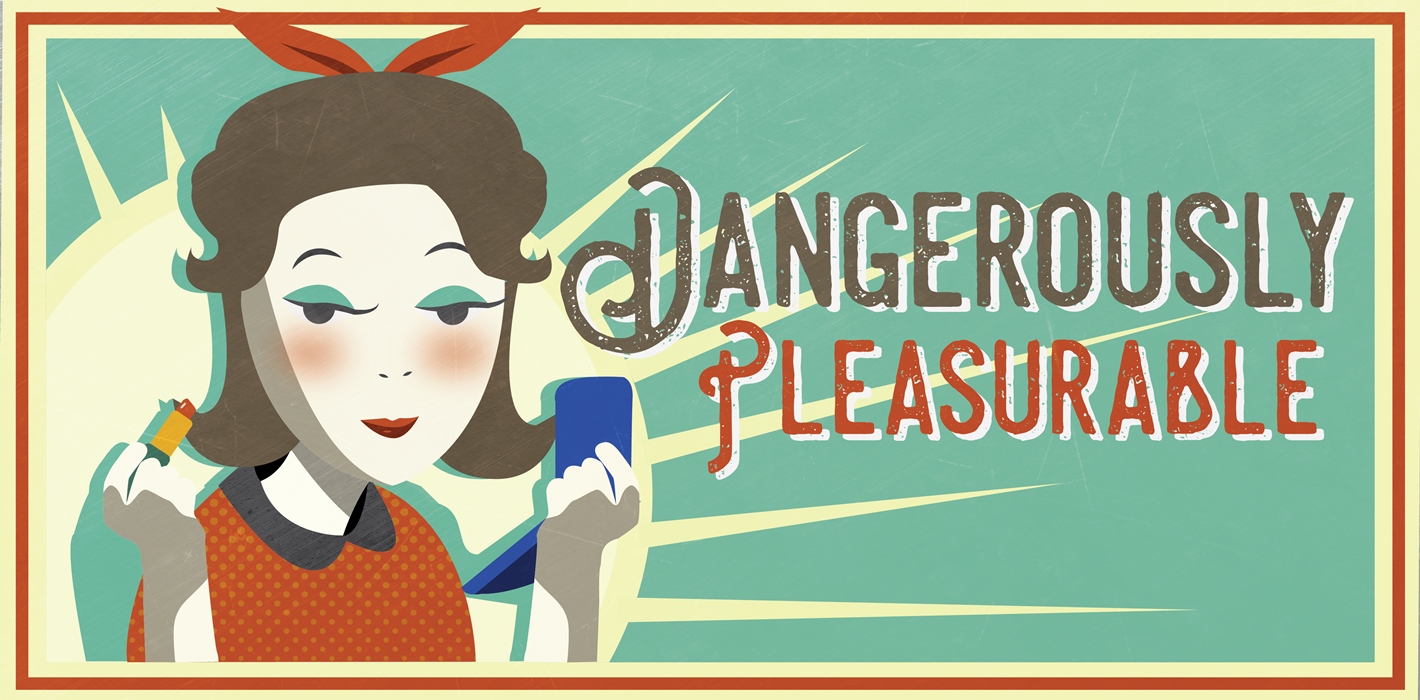Euphoria overdose: The pitfalls of happiness

Although some people are fanatical enough to believe that you can experience joy within a snap of a finger, the reality is that without proper rationality, happiness can invite pride to kick in during their manic search for emotional fulfillment, according to psychology website spring.org.uk.
One good example of a precarious effect triggered by bliss is unwholesome pride. There’s a special sort of happiness when we’re cheering for a person or a group of people; a happiness that borders closely to the ecstatic feeling of victory. Screaming “Animo La Salle!” in a heated volleyball game is a simple way to show off our joy and pride for one La Salle, but once someone starts throwing fists after a lost game, you know they’re crossing the boundary of happiness and hearty pride to alarming and, well, unwholesome pride. When you entertain this kind of pride, you’re not only risking your social life but your mental health as well. In this classic example of sore losers, unwholesome pride not only causes negative social outcomes like aggression; but can also lead to “an increased risk of mood disorders such as mania,” according to Yale University psychiatrist June Gruber.
Similar to unwholesome pride rooted in happiness from victory, we also gain a twisted sort of amusement and short-lived delight when we laugh at others. Those people who some might consider rude after laughing at a stranger tripping or even a block mate flunking a major exam might have a little problem not only with their conduct but with their psyche as well. Gruber found in her study that people who experience pleasure in inappropriate circumstances are at an even “greater risk for developing mania.”
Country singer Garth Brooks once said, “The greatest conflicts are not between two people but between one person and himself.” In these times, it’s easier to flight than to fight our own egos, but unless we realize that in doing so, we might continue to lose our own conflicts against ourselves.





